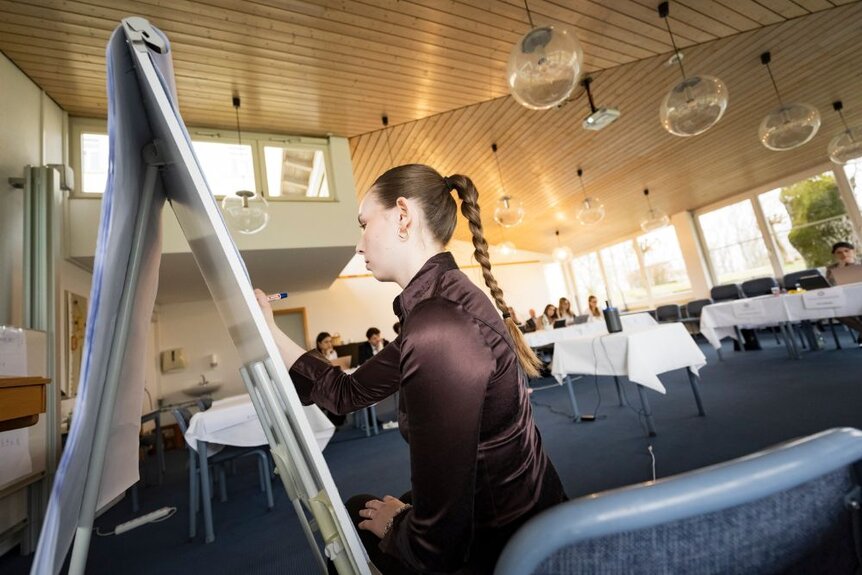International Justice in Action: Salem’s ICJ Simulation
The ICJ (International Court of Justice) is a vital organ of the United Nations and functions to deal with international conflicts between two different nations. The three-day ICJ simulation takes place in Salem every year and is led by Mr Robert Stern, who supervised and organised the ICJ simulation for the 84th time. The trial consisted of two presidents, four advocates, four witnesses, and 16 judges.
This year’s case was based on a dispute over the exploitation of mineral resources on the island of Nauru in the Pacific Ocean, where Australia mined phosphate over the span of several decades. This was a real-life case and was brought before the ICJ in 1989. Clara and I were advocates for Australia, whereas Zayd and Michael were advocates for Nauru. The four of us were in charge of representing our respective country in the trial and bringing forth evidence as well as arguments.
The trial started with the opening statements from both sides, explaining their case and foreshadowing what arguments and pieces of evidence will support our case. Those heavily relied on the Trusteeship Agreement between Nauru and Australia, the UN Charter, reports to the UN General Assembly as well as financial records of Nauru. The advocates also had the opportunity to introduce witnesses to the court, two for each side. The side of Nauru introduced a BPC (British Phosphate Commission) officer as well as the President of Nauru. The side of Australia introduced a NPC/RONPHOS (Nauru Phosphate Commission) officer as well as a financial analyst. After the evidence was introduced and the witnesses were cross-examined, both sides presented their closing statements. After having discussed the main problems in the argumentation and evidence of the advocates, the judges ruled in favour of Australia, meaning they dismissed the case and claims made by Nauru.
All in all, the International Court of Justice simulation was a very interesting and valuable experience for everyone who was participating. It was interesting to learn about the legal framework of the UN as well as about international law and therefore international relations.
Photos: Ilja Mess





